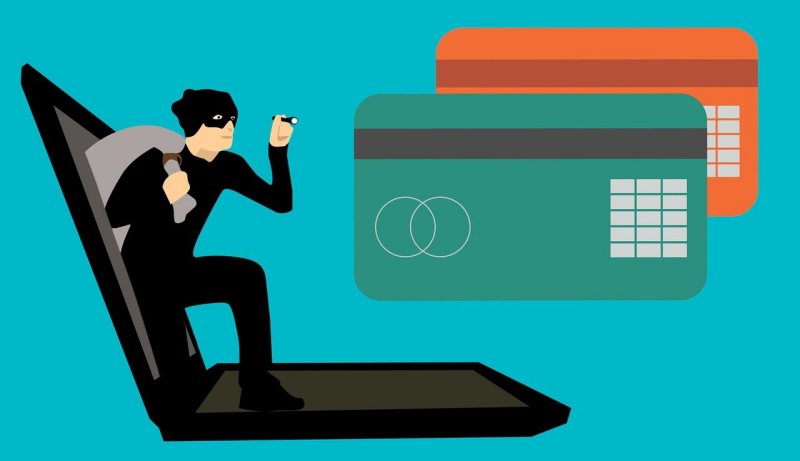
Written by Jill Lauder
The safety of your credit card online depends on several factors, including the security measures of the website you are using, your online safety habits, and the security measures of your credit card issuer.
Security measures of the website
Legitimate websites will use a variety of security measures to protect your credit card information, such as:
- HTTPS: HTTPS stands for Hypertext Transfer Protocol Secure, and it is a secure version of the HTTP protocol that is used to transfer data between your web browser and a website. HTTPS encrypts your data so that it cannot be intercepted by third parties.
- SSL certificate: An SSL certificate is a digital certificate that verifies the identity of a website. You can check for an SSL certificate by looking for a lock icon in the address bar of your web browser.
- PCI compliance: PCI compliance refers to the Payment Card Industry Data Security Standard, which is a set of security standards that businesses must adhere to when processing credit card payments. You can check if a website is PCI compliant by looking for the PCI DSS logo on the website.
Your online safety habits
There are several things you can do to protect yourself when using your credit card online, such as:
- Only shop on websites you trust. Avoid shopping on websites that you have never heard of before, or that have a bad reputation.
- Be careful about clicking on links in emails or social media posts. Phishing scams are common, and they can be used to steal your credit card information. If you are unsure about a link, do not click on it.
- Keep your software up to date. Software updates often include security patches that can help protect you from malware.
- Use a strong password manager. A password manager can help you create and manage strong, unique passwords for all of your online accounts.
Security measures of your credit card issuer
Most credit card issuers offer a variety of security features to protect their customers from fraud, such as:
- Fraud monitoring: Credit card issuers monitor your transactions for suspicious activity. If they detect any suspicious activity, they may contact you to verify the charge.
- Zero liability protection: Zero liability protection means that you are not responsible for unauthorized charges made to your credit card.
- Chip cards: Chip cards are more secure than traditional magnetic stripe cards because they use a chip to generate a unique code for each transaction.
Overall, using a credit card online can be very safe, as long as you take the necessary precautions. Be sure to only shop on websites you trust, use a strong password manager, and keep your software up to date. Additionally, contact your credit card issuer to learn more about the security features they offer.
Additional tips for staying safe online
- Be careful about what information you share online. Avoid sharing your credit card number, social security number, or other personal information on social media or other public websites.
- Use a strong password for your email account and other online accounts. Your password should be at least 12 characters long and include a mix of upper and lowercase letters, numbers, and symbols.
- Enable two-factor authentication (2FA) whenever possible. 2FA adds an extra layer of security to your online accounts by requiring you to enter a code from your phone in addition to your password when logging in.
- Be careful about what attachments you open and what links you click on in emails and social media posts. Phishing scams are common, and they can be used to steal your personal information or infect your computer with malware.
By following these tips, you can help protect yourself from fraud and other online threats.
